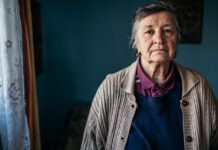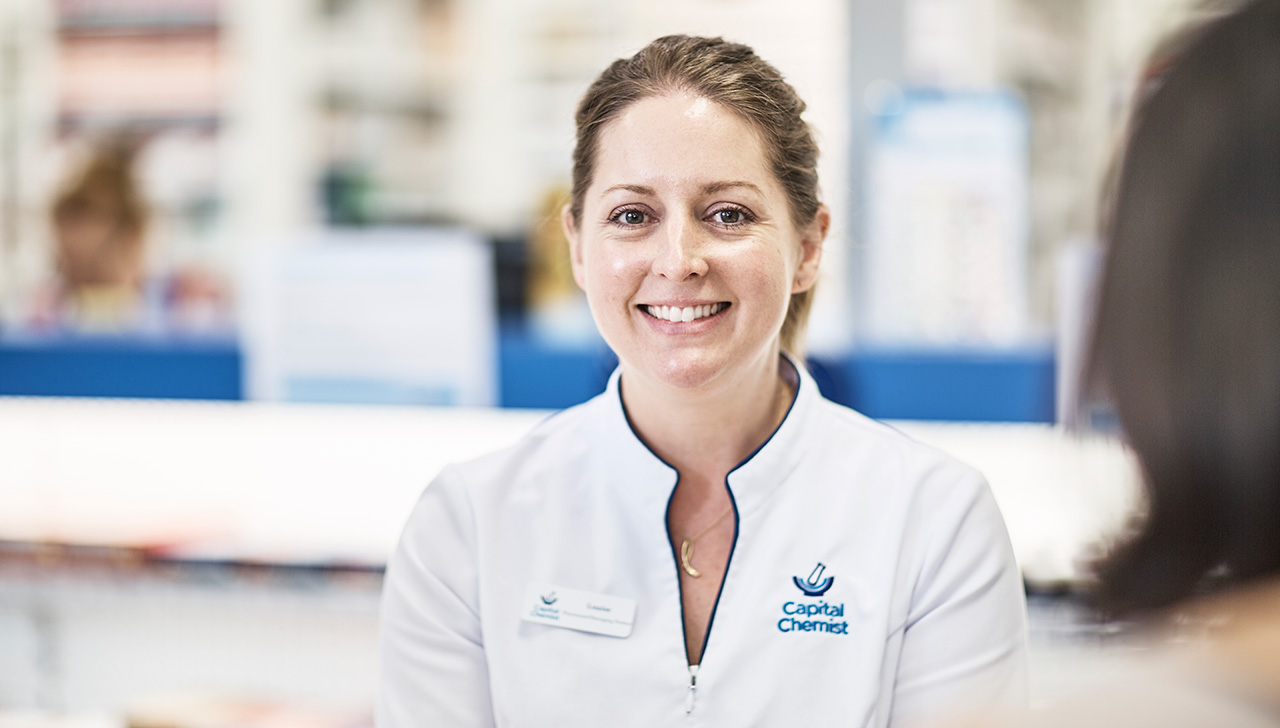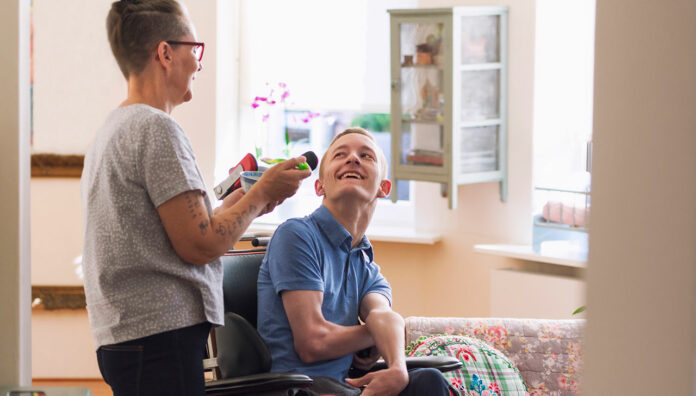Pfizer is now the COVID-19 vaccine of choice for some at-risk patients and those under 50 years of age in priority groups, as Australia’s first mRNA production facility receives funding commitment.
More vulnerable groups are set to receive the Pfizer COVID-19 vaccine, the Senate Select Committee on COVID-19 heard last night.
Regardless of age, all disability care residents who have complex needs will now receive the Pfizer COVID-19 vaccine, along with patients in Aboriginal and Torres Strait Islander whole-of-community programs.
Patients from Aboriginal and Torres Strait Islander communities who have already received an AstraZeneca COVID-19 dose will receive a second one, as will those in areas not covered by a whole-of-community approach.
‘The pivot is for those areas where we were planning on, in partnership with the states, a whole-of-community approach, National Cabinet’s recommendation is that Pfizer is used preferentially given that it can cover the entire community,’ said Dr Lucas De Toca, a member of the Federal Department of Health’s COVID-19 primary care response team.
This follows an announcement by the National Cabinet last week to defer the broader role of community pharmacies in the national rollout of COVID-19 vaccines.
In a media statement following the National Cabinet meeting of 22 April, Prime Minister Scott Morrison announced that it was up to the states and territories to incorporate community pharmacies into their rollout plans ‘in rural and remote areas where there are no or limited other points of presence. National Cabinet agreed that the broader role of community pharmacies in the national rollout is deferred’.
National Cabinet also announced that vaccine hubs would be set up in 13 locations around the country.
From 3 May, Australians 50 years and over can receive the AstraZeneca COVID-19 vaccine at these state-run clinics, followed by GP practices on 17 May, with some states tweaking the implementation to suit their needs.
The Pfizer vaccine will be prioritised for Australians under 50 who are in Phase 1a and 1b, following advice from the Australian Technical Advisory Group on Immunisation.
‘We need to ensure, because of this new age split, that a range of people under 50 who are eligible at the moment, such as aged care workers, disability care workers, those people with underlying chronic medical conditions, emergency service workers and broader healthcare workers from all settings, can have access to Pfizer at the state Pfizer clinic,’ said Secretary of the Department of Health Professor Brendan Murphy.
Canberrans told to wait their turn
ACT Health has issued a statement advising Canberra residents not to jump the queue by receiving their Pfizer COVID-19 vaccine early, after a number of ineligible patients were vaccinated over the ANZAC Day long weekend.
The patients were said to have booked in for their COVID-19 vaccine following text messages circulating in the community, which inaccurately said vaccines were going to waste when people failed to show up for appointments.
ACT Health Minister Rachel Stephen-Smith said that while vaccine appointments were occasionally cancelled, often due to illness, the department attempts to allocate the slots to other high-priority residents.
‘We do work very hard not to waste any vaccinations [and] that means we sometimes take the opportunity to vaccinate people who might not be eligible, but that’s [often] carers who arrived with someone who’s eligible,’ Minister Stephen-Smith said.
We are aware an SMS has been circulating to groups of people advising them to contact the COVID-19 booking line to book an appointment at the Garran Surge Centre. This SMS went to people who are not eligible under phase 1a or 1b. This is not an ACT Government endorsed message.
— Rachel Stephen-Smith (@RachelSS_MLA) April 26, 2021
‘It is really important that we minimise wastage of vaccines as they are a very precious resource, but at this point in time we are not needing [replacement bookings].’
mRNA production facility coming to Victoria
The Victorian Government has pledged $50 million to establish an mRNA production facility in the state.
The move comes in the wake of calls for countries to manufacture their own mRNA COVID-19 vaccines due to restricted supply, coupled with growing evidence to suggest they can be more readily reconfigured to target mutations.
The production plant will be a joint venture between Monash and Melbourne universities, along with the Doherty Institute and other research centres.
‘It will be the first [mRNA production site] in the southern hemisphere,’ said acting Victorian Premier James Merlino.
With Australia currently unable to produce mRNA vaccines, the country has been dependent on imports which have experienced continued delays.
Monash University Professor Colin Pouton, who is serving as an advisor to the government on the project, said it would take 12 months before the facility had the capacity to produce the vaccines.
With the involvement of a large manufacturer such as CSL, however, the process could be expedited.



 Kelly Abbott MPS[/caption]
Kelly Abbott MPS[/caption]


 Owner of Canberra's Capital Chemist Southlands Louise McLean MPS.[/caption]
Owner of Canberra's Capital Chemist Southlands Louise McLean MPS.[/caption]

 Supplied by CSL Seqirus[/caption]
Supplied by CSL Seqirus[/caption]







